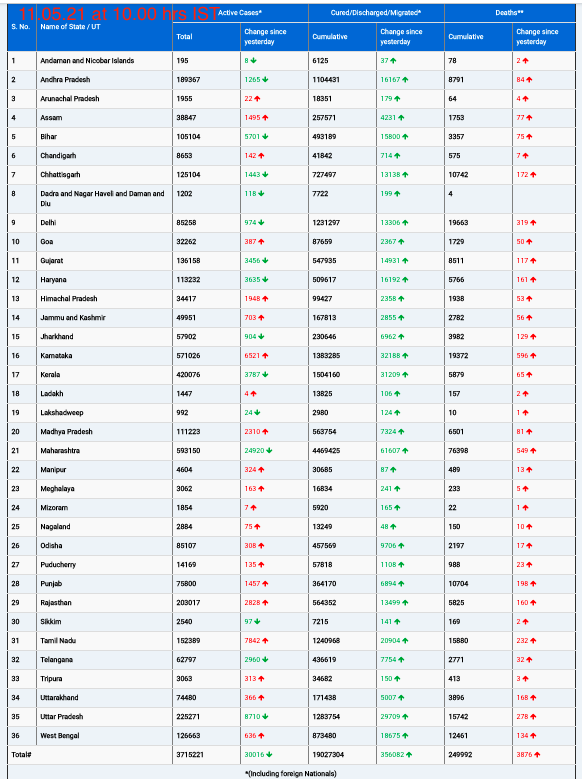Cutting-edge research by scientists from Nagoya University’s Graduate School of Bioagricultural Sciences and Japan’s National Institute of Physiological Sciences has shed light on a fundamental connection between specific brain neurons and the regulation of essential hormones governing female reproductive functions. Published in the journal Scientific Reports, these findings have promising implications for understanding and potentially treating reproductive issues in both animals and humans.
The study focused on kisspeptin neurons in the brain, crucial in controlling the release of hormones like hypothalamic gonadotropin-releasing hormone (GnRH) and pituitary follicle-stimulating hormone/luteinizing hormone (LH), pivotal in various reproductive processes such as follicular development and ovulation in mammals, including humans.
Researchers identified two brain areas—arcuate nucleus (ARC) and anteroventral periventricular nucleus (AVPV)—where kisspeptin neurons exert distinct influences on hormone secretion. While ARC neurons maintain regular hormone release, AVPV neurons trigger a surge leading to ovulation.
The team delved deeper into the role of dynorphin, an inhibitory substance produced and responded to by kisspeptin neurons in ARC. By genetically modifying female rats to delete Kiss1, the gene responsible for kisspeptin, solely in neurons expressing the dynorphin receptor, they discovered significant changes in these rats’ reproductive functions.
The genetically modified rats exhibited reduced kisspeptin neurons in ARC and AVPV, leading to longer estrous cycles, decreased ovarian weight, and fewer offspring compared to normal rats. Despite maintaining fertility, these rats showed disruptions in hormone secretion and ovulation, underscoring the critical role of kisspeptin neurons with dynorphin receptors in normal female rat reproduction.
Professor Hiroko Tsukamura, the principal investigator, highlighted the groundbreaking nature of this discovery, marking the first evidence showcasing the necessity of kisspeptin neurons influenced by dynorphin in generating proper hormone pulses and surges in female rats.
Excited about further exploration, Professor Tsukamura expressed optimism about unraveling the intricate molecular mechanisms controlling kisspeptin neuronal activity. She emphasized the study’s potential applications in treating ovarian disorders in livestock and infertility in humans, offering insights into the central mechanisms governing reproduction and fostering hopes for advanced fertility treatments.










